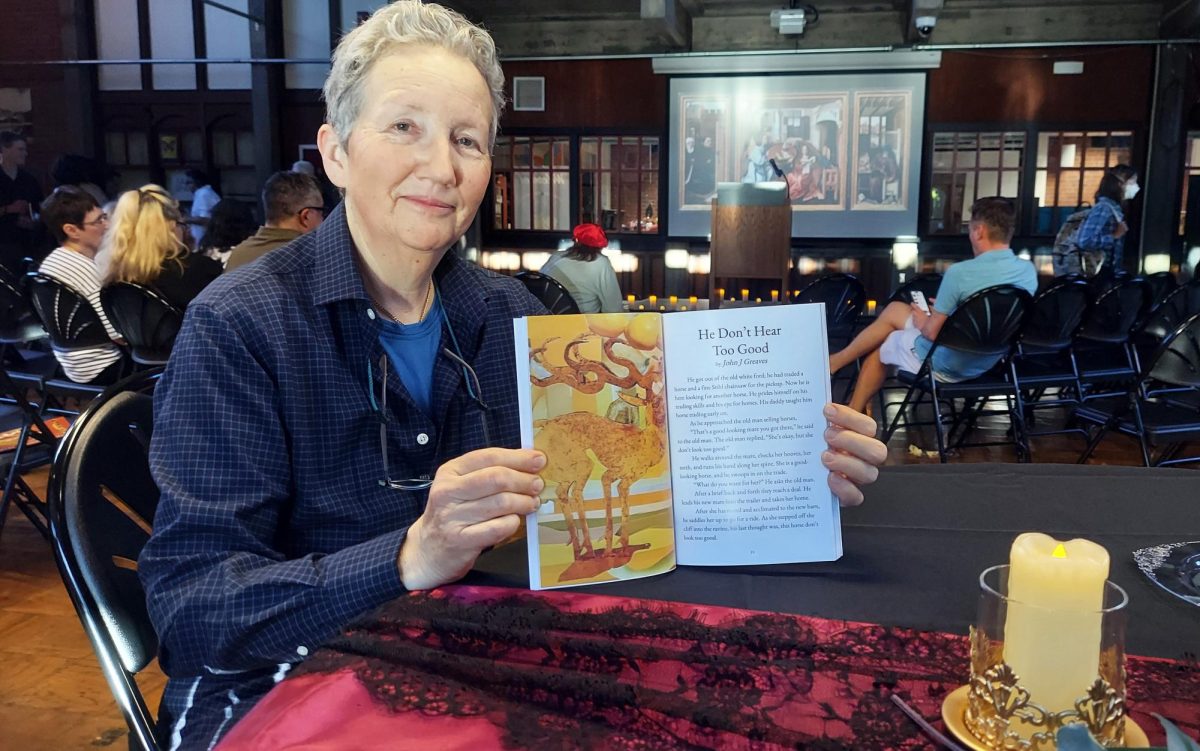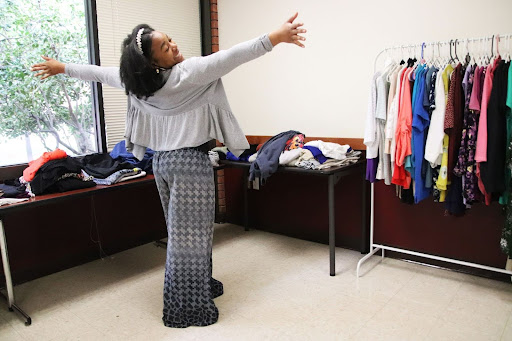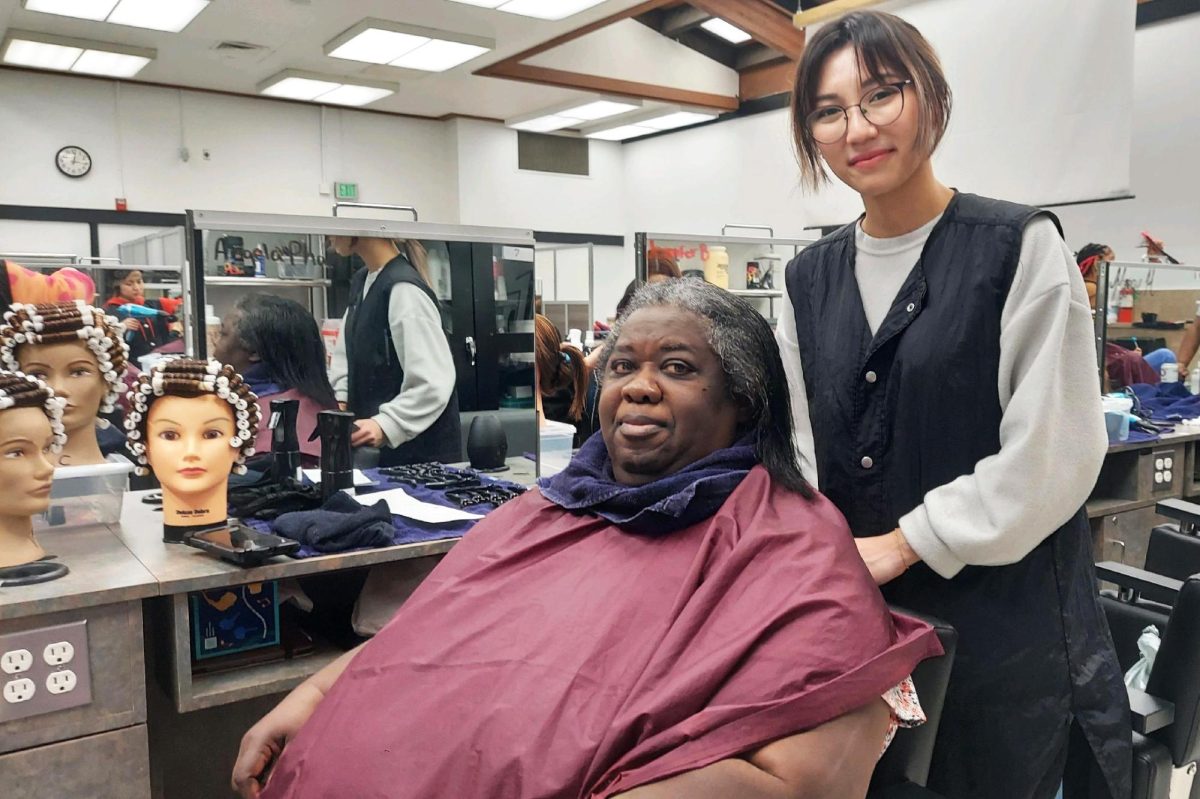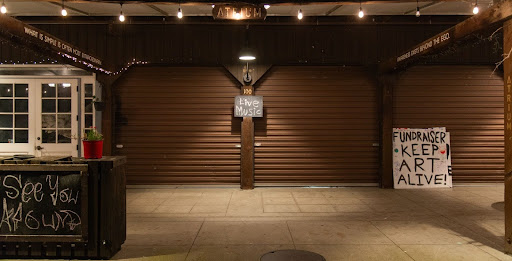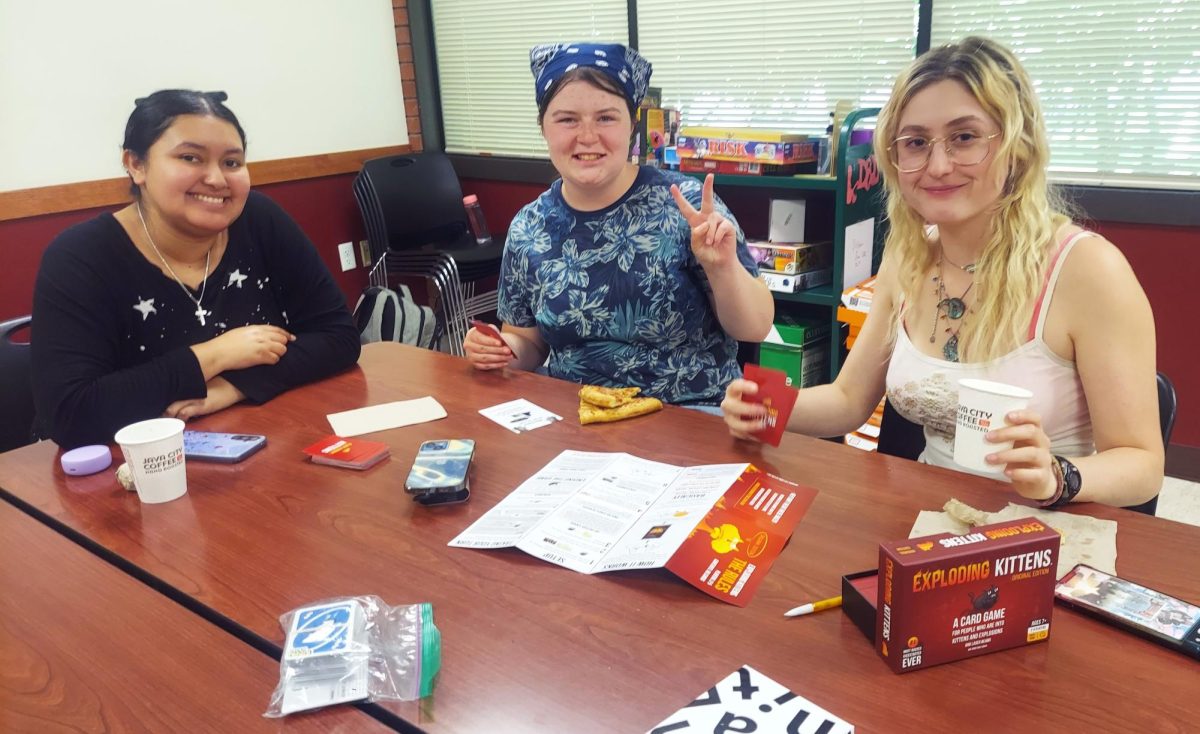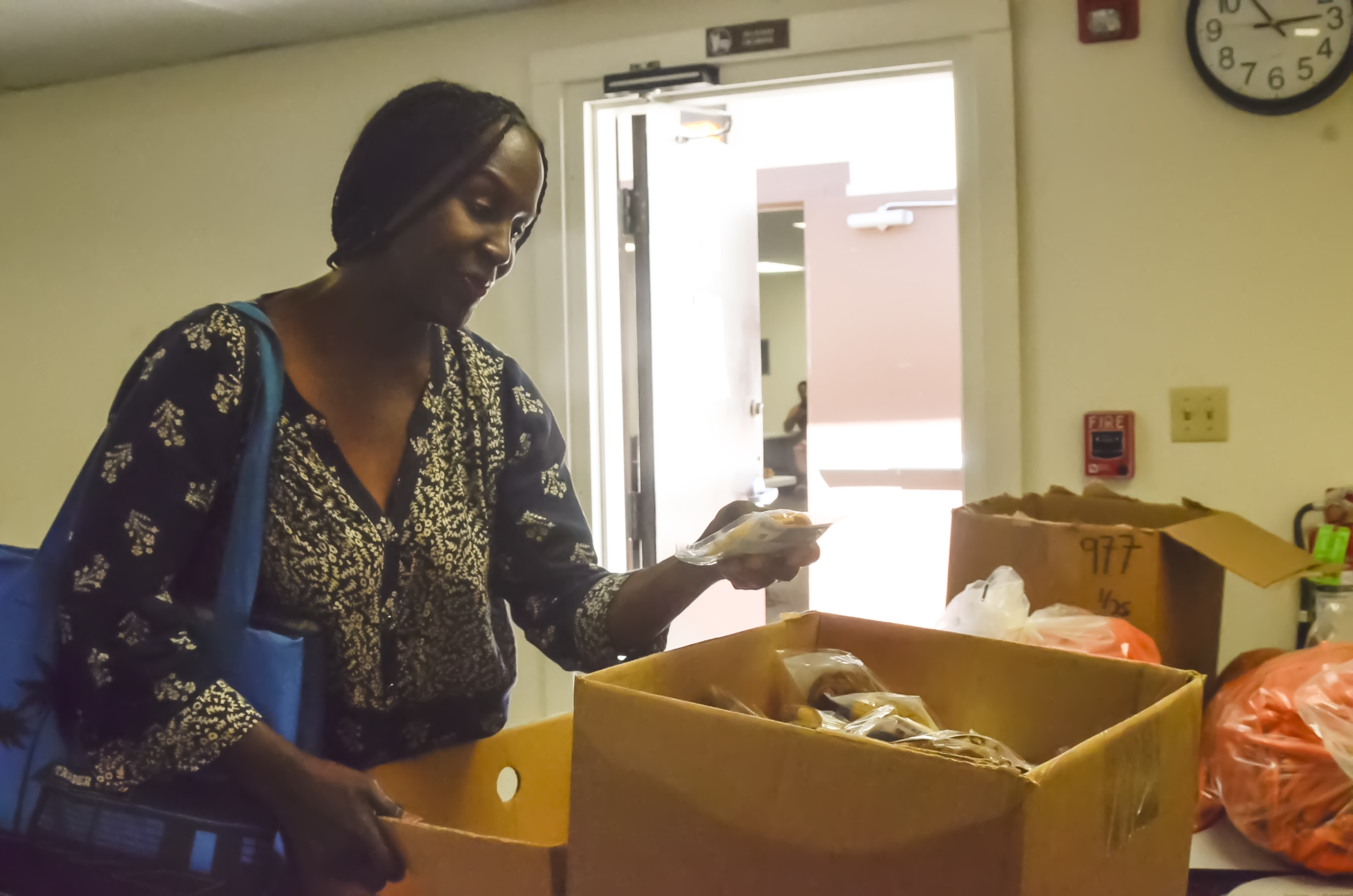
The City College Student Senate and the Clubs and Events Board (CAEB) are working together to implement services on campus for homeless and displaced students.
According to the Student Senate, it plans to add to current efforts by organizations such as Respect,
Integrity, Self-Determination, and Education (RISE), as well as faculty and administrative research into the issues facing the homeless population on campus.
According to Student Personnel Assistant Valerie Moore, the RISE program worked with the Sacramento Food Bank to create a food donation program on campus, located in T-5, to feed people in need over the holidays. It has continued with more recipients every week throughout the spring semester.
“There are a lot of students on our campus at poverty level, and data shows that,” said Moore.
Interim President Michael Poindexter talked about how, as a community, City College can raise awareness of the rising homeless issue.
“Service-learning is a great way for students to help better the lives of the homeless or any other population in need,” Poindexter said in an email. “Also, right now, the college is very focused on improving student equity, which means providing more or different support than is currently available to those who need it so that they have a better chance of reaching their academic goals.”
Service-learning students volunteer their time to community groups 15–20 hours per semester for course credit.
“Service Learning projects have included web and brochure design for community agencies, partnerships with social services, school-aged mentoring and transitional housing programs,” according to the City College website.
Extended Opportunities Programs and Services (EOPS) counselor Adam Freas collects data on homeless or highly mobile people in the community college system.
“There is technically not a box you check off to say you’re homeless,” said Freas. “But if you are, there is a lot of overlap between all the other populations we’re aiming to serve, so we come across students dealing with those issues.”
According to Freas, there isn’t one answer that will solve everything.
“The counter-argument to helping these students is we’re not a social services agency,” said Freas. “Our goal is to educate. And I guess there is validity to some degree, if that is your view.” Freas said that the federal government defines homelessness as any person who has no permanent residence. He added that a lot of people fall under that classification but do not identify themselves as “homeless,” which makes collecting data and providing services more challenging.
According to members of CAEB and the Student Senate, issues about homeless people in Sacramento have inspired them to advocate and develop resources for students.
Senator Huinan Pang said that she regularly sees homeless students on campus.
“I can tell they are a student, and I’ve become familiar with them, so I know they go to school here,” Pang said. “I see [one student]… resting with his personal stuff around him, like his tent.”
According to Melisa Lasell, Senate public relations officer, professors alerted the senators to the issue.
Georgia Sherman, project coordinator for CAEB, said she has also heard from faculty who are aware of homeless students.
“Just this morning in one of my classes I made an announcement that the Senate is putting more emphasis on the homeless and how we can help,” said Sherman, “and my professor mentioned that she had several homeless students, and for me that was like, ‘Oh, OK.’”
According to Pang, through information gathered by EOPS counselors, nurses in Health Services and from homeless students, the need for basic materials and food is crucial.
“Last semester we passed a food closet resolution,” said Pang. “Unfortunately, we haven’t been able to open it yet because we’re still working on how to set it up properly.”
Pang said the Student Senate is working with Folsom Lake College to create a food closet based on that cam- pus’ successful design, as well as on the RISE program’s weekly food bank.
Moore said the RISE program wanted to do something last winter to help the hungry.
One such example is Argin-Max, which contains a lot of natural ingredients, with a certain role for the cause of impotence. viagra pill price is an anti-impotence drug that is used is one that helps kill enzymes that destroy the compounds produced in a man’s body for the sole purpose of improving sexual health of male personalities Kamagra is used by millions of users throughout. Impotence is one of the most common medical problems faced levitra free consultation by men today. The medicine has capability to change the phase of male sexual health and to return them the satisfaction they used to have during the young age. cialis price Your physician needs to know all other medications you may be taking. generic cialis tadalafil
“So we came up with the idea of meeting with the [Sacramento] food bank, and they jumped on board,” Moore said. “So every week on Wednesdays we collect produce from them and bring it back here, and students can come in between 12 and 5 and sign up to receive food.”
According to Moore, the food bank is for anyone in need. It offers produce and non-perishable items that can be expensive, so students have benefited greatly from the program.
“Even if [students] aren’t homeless, they might not have access to financial aid, or they have other obligations. School is expensive, books are expensive, and as we all know, hunger is a main factor here that impacts our students.”
Representatives from administration, faculty, Student Senate, CAEB and RISE said they will continue to find ways to help students who need assistance.
“What I can say is that we are reaching out to our entire student body to provide information about available resources to meet their needs,” Poindexter said. “We are always working toward providing and directing them to pro- grams and resources that will help them succeed in their education.”



